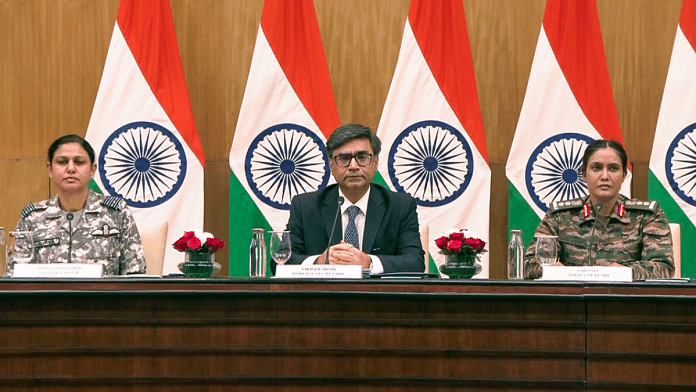In an equally historic move, India placed the Indus Waters Treaty—a linchpin of India-Pakistan relations since 1960—into abeyance. Even during times of heightened tension, India has honoured its obligations under this World Bank-brokered treaty. That India is now re-evaluating this arrangement speaks volumes about the gravity of the provocation and the country’s growing willingness to wield strategic levers beyond the battlefield.
The impact on Pakistan’s already fragile water security and agricultural economy is likely to be significant. This is not merely economic coercion—it is a recalibration of regional stability costs in response to prolonged inaction against terrorism.
Critics who viewed India’s subsequent agreement to a ceasefire as a concession misread the broader arc of strategy. Prime Minister Narendra Modi’s administration understands that global credibility is built not just on hard power but on the capacity to exercise it responsibly. The ceasefire is not capitulation—it is positioning.
By acting decisively first and then extending an olive branch, India demonstrated restraint without ambiguity. The international community, including the United States and several Gulf allies, took note—and quietly applauded the balance India struck between force and foresight.
India’s quarrel is not with the people of Pakistan. This distinction is fundamental to the Modi government’s broader diplomatic narrative. Millions of Pakistanis yearn for stability and opportunity, just as Indians do. What India opposes is the persistent use of non-state actors as instruments of state policy.
By making this clear, New Delhi invites the international community to refocus its gaze—not on the tensions between two nations, but on the common global threat posed by terrorism in all its forms.
India’s actions over the past week reflect not impulsive aggression but the maturation of a state that increasingly sees itself as a pillar of global order. As India continues to grow its economic, technological, and diplomatic footprint, it is demonstrating that regional security and international legitimacy can—and must—go hand in hand.
The world should take note: India is not just reacting to terrorism. It is redefining the global response to it.
(Edited by Zoya Bhatti)








